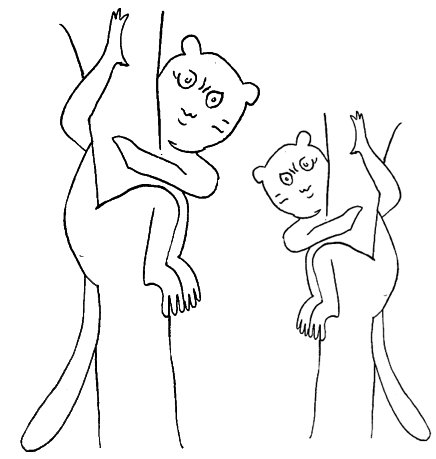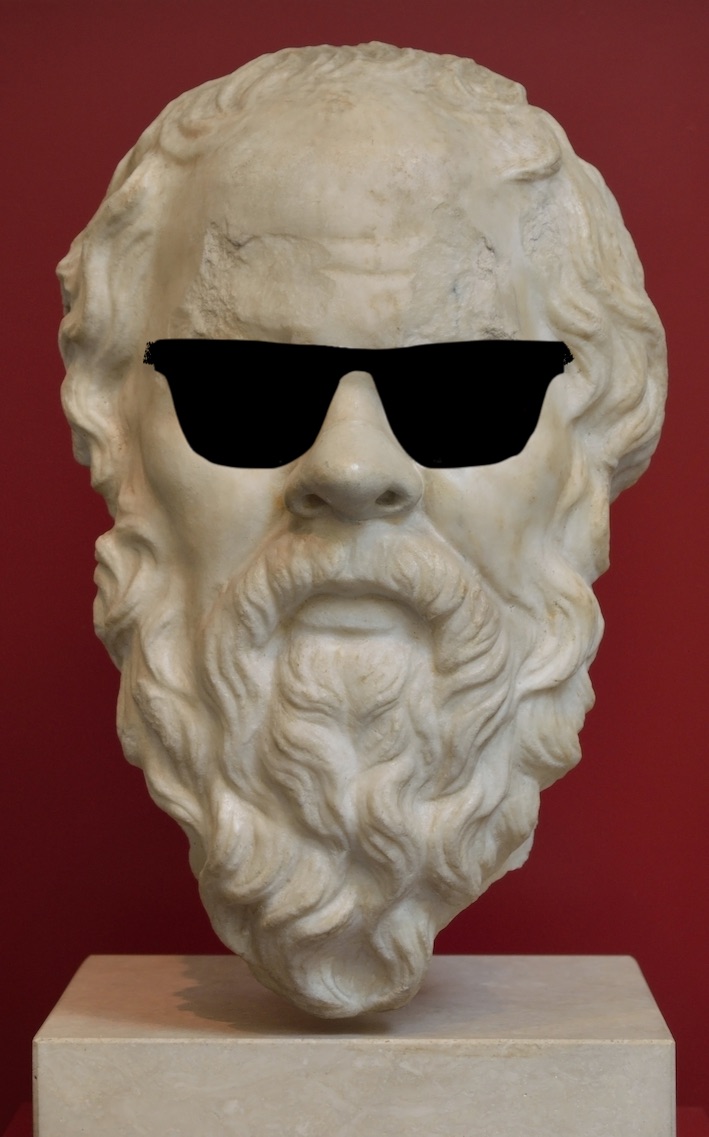Who Gets Credit?

Who Gets Credit?

Who Gets Credit?
Nemoto has been working in a large engineering company for three years following his postdoctoral fellowship. Using computer simulations, he has developed a method to constrain the turbulent mixing that occurs near the walls of a tokamak fusion reactor. He has written a paper for Physical Review and has submitted it to the head of his research group for review. The head of the group says that the paper is fine but that, as the supervisor of the research, he needs to be included as an author of the paper. Yet Nemoto knows that his supervisor did not make any direct intellectual contribution to the paper.
1. How should Nemoto respond to his supervisor’s demand to be an honorary author?
2. What ways might be possible to appeal the decision within the company?
3.What other resources exist that Nemoto can use in dealing
with this issue?
+++++++++++++++++++++++++++++++++
Japanese edition: Research_Ethics10.html
+++++++++++++++++++++++++++++++++
Process of building a computer model, and the interplay between
experiment, simulation, and theory.



Tokamak,
is a device which uses a powerful magnetic field to confine plasma in
the shape of a torus. The tokamak is one of several types of magnetic
confinement devices being developed to produce controlled thermonuclear
fusion power. As of 2021, it is the leading candidate for a practical
fusion reactor.-Tokamak.
Image from left to right; The reaction chamber of the DIII-D, an
experimental tokamak fusion reactor operated by General Atomics in San
Diego; Sandia
Labs' multimillion-amp pulse generator, the Z machine, is being used in
the race to achieve fusion; The
Wendelstein 7-X stellarton fusion reactor creates energy by using
massive coiled superconductors to generate magnetic fields.;
| This gives us the challenge of how to deal with the unwarranted intervention of the underlying boss. Even when a supervisor accepts responsibility as a manager, efforts should be made to put him or her in the "right position" through acknowledgments. A research environment without such supervisors would be ideal, but such things do occur in reality. Therefore, in order to overcome such difficulties, it is essential that each researcher has a proper understanding of authorship and that the organization guarantees an impartial third party adjudication to deal with such issues. |
The US Office of Research Integrity and other institutions define these words of misconducts mentioned below.
| 1) Falsification, KAIZAN in Japanese (改竄) | 1) Falsification is manipulating research materials, equipment, or processes, or changing or omitting data or results such that the research is not accurately represented in the research record. |
| 2) Fabrication, NETSUZO in Japanese (捏造) | 2) Fabrication is making up data or results and recording or reporting them. |
| 3) Plagiarism, HYOSETSU in Japanese (剽窃) | 3) Plagiarism is the appropriation of another person's ideas, processes, results, or words without giving appropriate credit |
| 4) Data theft, DETA NO SETTOU (データの窃盗) | 4) Data theft is the act of stealing information stored on computers, servers, or other devices from an unknowing victim with the intent to compromise privacy or obtain confidential information. |
| 5) Gift authorship, MEIGI-GASHI in Japanese (名義貸し) | 5) Gift authorship' is one of the most common kinds of unethical behaviour seen in academic publishing. In this practice, an author is added to a paper when they have not actually made a contribution to the work, perhaps to reward a collaborator, return a favour, or for some other gain. |
| 6) Honorary authorship, MIIYO-CHOSHA in Japanese (名誉著者) | 6) Honorary authorship, also known as guest authorship, occurs when a person is listed as an author who has not provided any significant assistance to the study. |
The explanation of this page is over. Thank a lot to participate this lesson.
Links
Bibliography
Other informations
Notes: This case example is cited and codified from "US National
Academy of Sciences, On Being a
Scientist: A Guide to Responsible Conduct in Research: Third
Edition, 2009."
Copyleft, CC, Mitzub'ixi Quq Chi'j, 1997-2099
